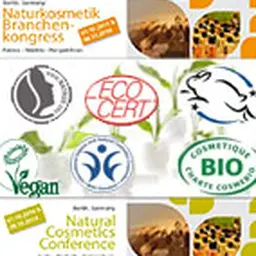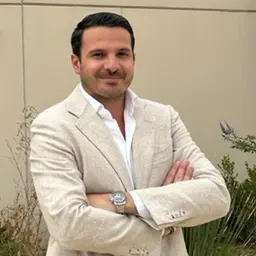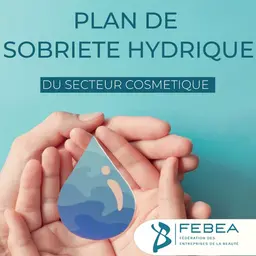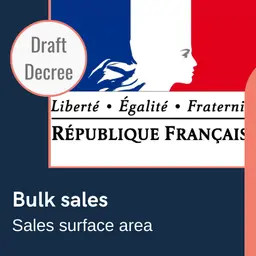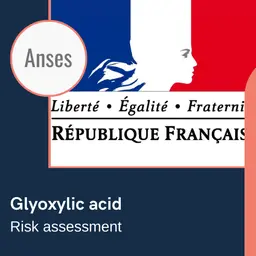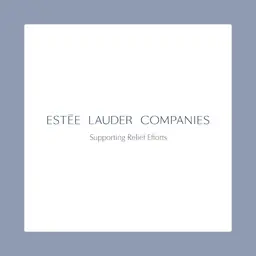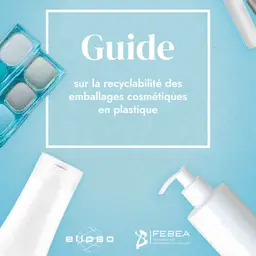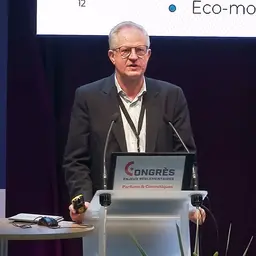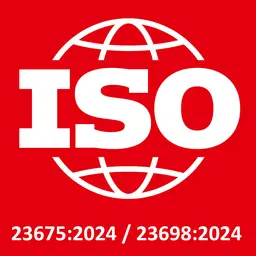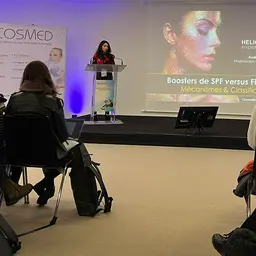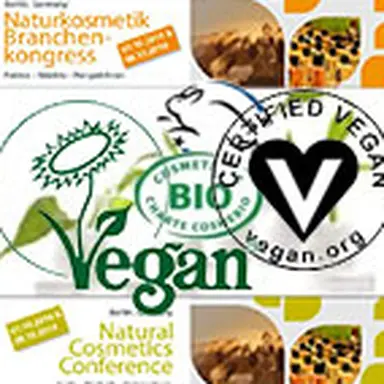
Vegan. This word was frequently brought up as an integral part of the criteria to be respected at the Natural and Organic Cosmetics Conference hosted last October 7-8, 2014 in Berlin. What is it about? Is it an epiphenomenon exclusively related to Germany or an emerging trend set to spread across other countries? It does not seem that obvious, for example in France. Here are a few explanations.
In the early days of October, Matthieu Ricard, the most famous French Tibetan Buddhist monk in the world, presented his latest work: Plaidoyer pour les animaux – a plea for animals (Allary editions). It is a call on men to encourage them to extend their benevolence to these ‘sensitive beings’ and stop animal exploitation, whether it be for food, clothing, wealth, or entertainment…
In the early days of October, again, the vegan trend was referred to as an essential part of the development and values of organic cosmetics at the Naturkosmetik Branchen-kongress (two days of conferences dedicated to natural and organic cosmetics). And in an article published in May-June 2014 in the Bio-Linéaires newspaper, Michel Knittel, who has a profound knowledge of natural cosmetics in Germany, confirmed the very strong surge of ‘Vegan’-certified organic cosmetics in the country: ‘More and more consumers write to German brands to ask whether their products are vegan, and the number of vegan beauty bloggers is also on the rise’, he wrote.
Did you say vegan?
The vegan movement emerged in the middle of the 20th century. It is defined as living without exploiting animals, and therefore implies not to consume any product …

